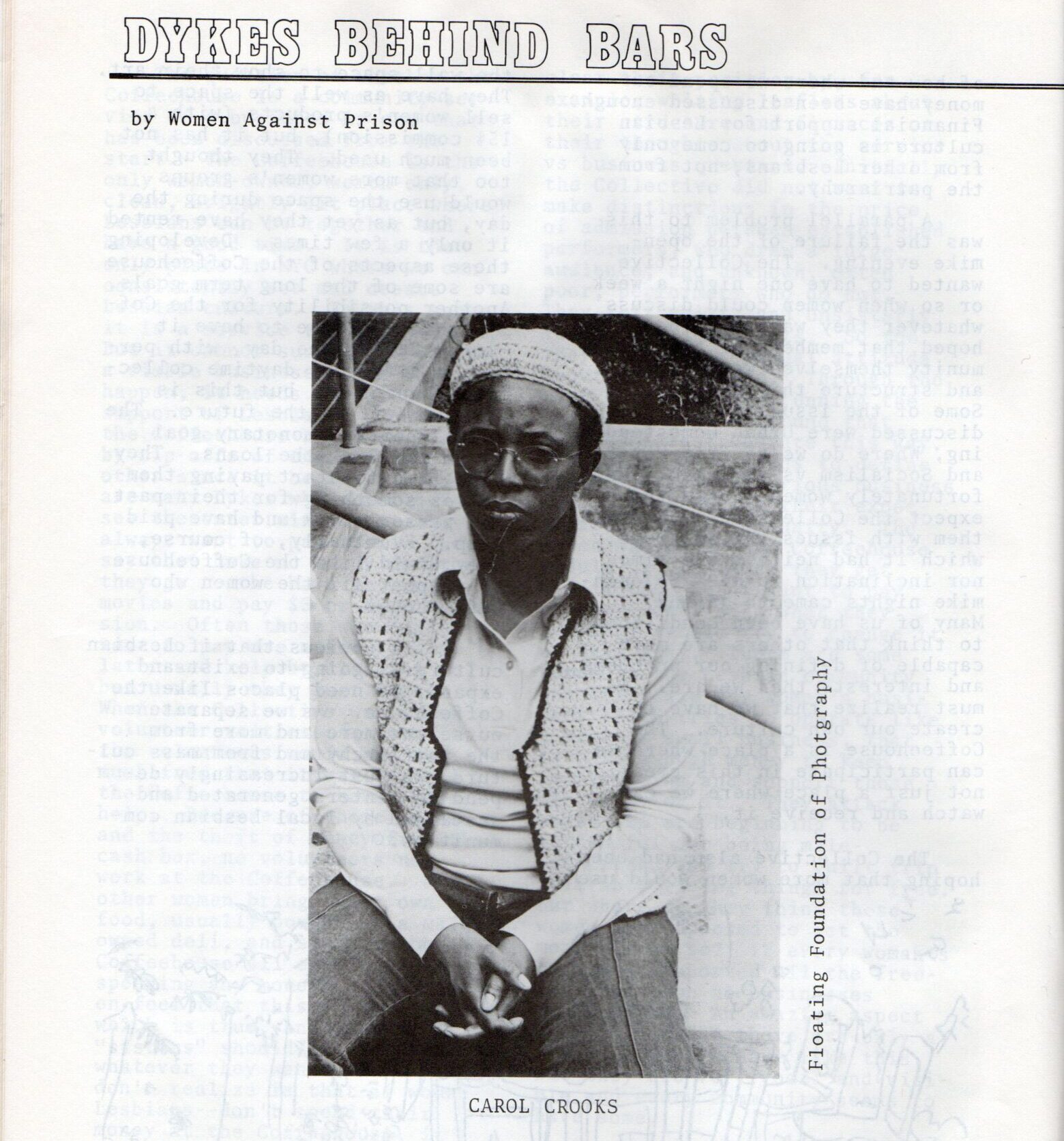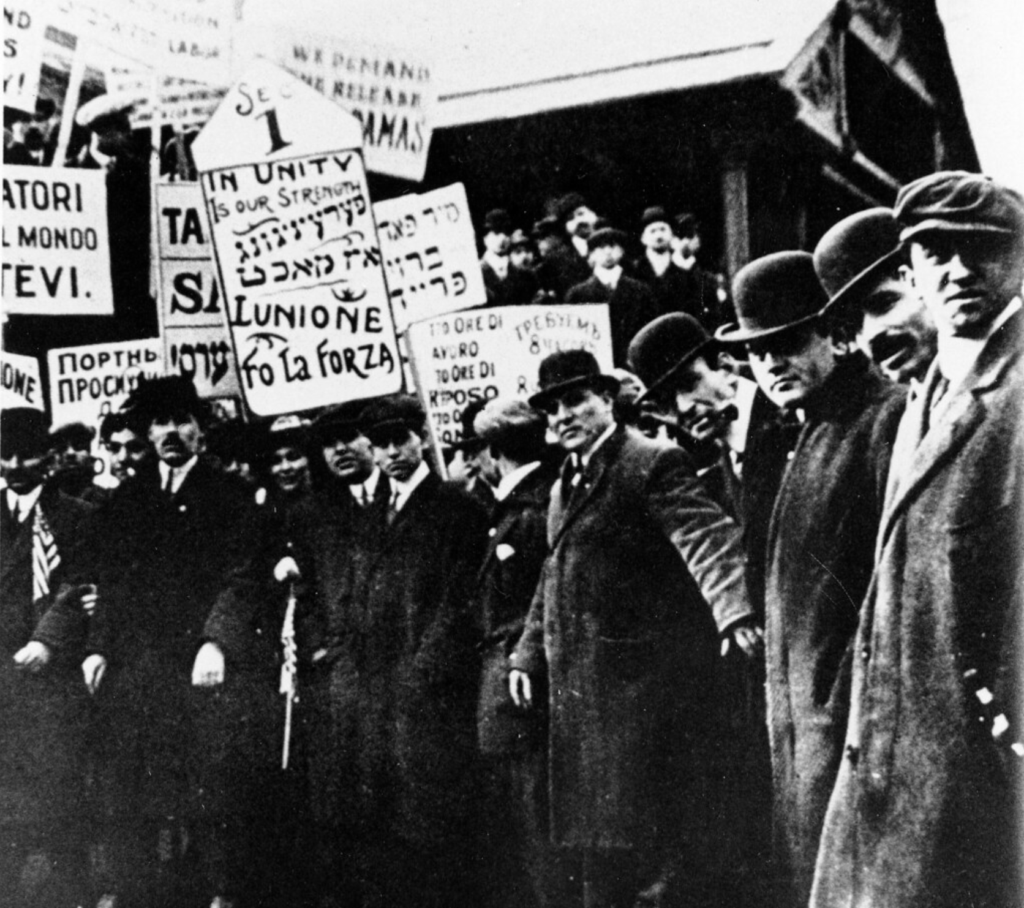SPECTRE
SEPTEMBER 9. 2025

Spectre Editorial Board member Izzy Plowright interviews Rohan Shah about the roots of our contemporary moment in economic restructuring of 1970s and ’80s.
SEPTEMBER 2. 2025

Robert Francis challenges the exclusive geopolitical focus fueling skepticism on the Western left towards the Syrian Revolution, arguing for an anti-imperialism built on solidarity.
AUGUST 29. 2025

Carol Jean Crooks was a Black dyke. Born October 12, 1946, she grew up on the streets of Bedford-Stuyvesant, Brooklyn, and died alone in early 2022. She worked and fought all her life in relative obscurity. Though most of her work wasn’t legal, her fights created a better and fairer world.
AUGUST 26. 2025

Alva Gotby interviews Sophie Lewis about the potential for liberatory feminism and the necessity of a reckoning with reactionary feminist thought.
AUGUST 19. 2025
AUGUST 15. 2025

Husam Mahjoub analyzes the role of counterrevolutionary subimperial agents and their imperialist enablers in the ongoing conflict in Sudan.
AUGUST 12. 2025

In the latest entry in Spectre's incarcerated writers' series, Antoine E. Davis reflects on trauma and the desire of revenge, and how to overcome the cycle of violence.
AUGUST 5. 2025

This two-part essay draws upon crisis theory and the history of economic crises to reflect on the current turbulence and the next economic crisis. The first part of the essay begins by drawing on the work of Daniel Bensaïd and Bob Jessop to reconceptualize crises as societal paroxysms—highlighting the role crises play both as disruptions and transformative reconsolidations of the capitalist order. From this starting point, the remainder of Part One explores how we might understand economic crises in the 2020s and the near future.
AUGUST 1. 2025

Benjamin Balthasar explores the representation of Zohran Mamdani as simultaneously foreign menace and inauthentic outsider, deploying both antisemitism and Islamophobia to prop up a neatly racialized version of politics.
JULY 29. 2025

Shane Burley reviews Ben Balthaser's Citizens of the Whole World: Anti-Zionism and the Cultures of the American Jewish Left
JULY 25. 2025

Rawan Abdelbaki and Rana Sukarieh argue that Zionism is a project of bordering that is both materially embedded in, and helps proliferate, global racial capitalism.
JULY 22. 2025
JULY 15. 2025

Members of the Agroecology Research-Action Collective argue against the productivist logic underlying the "feed-the-world" approaches to feed security.


